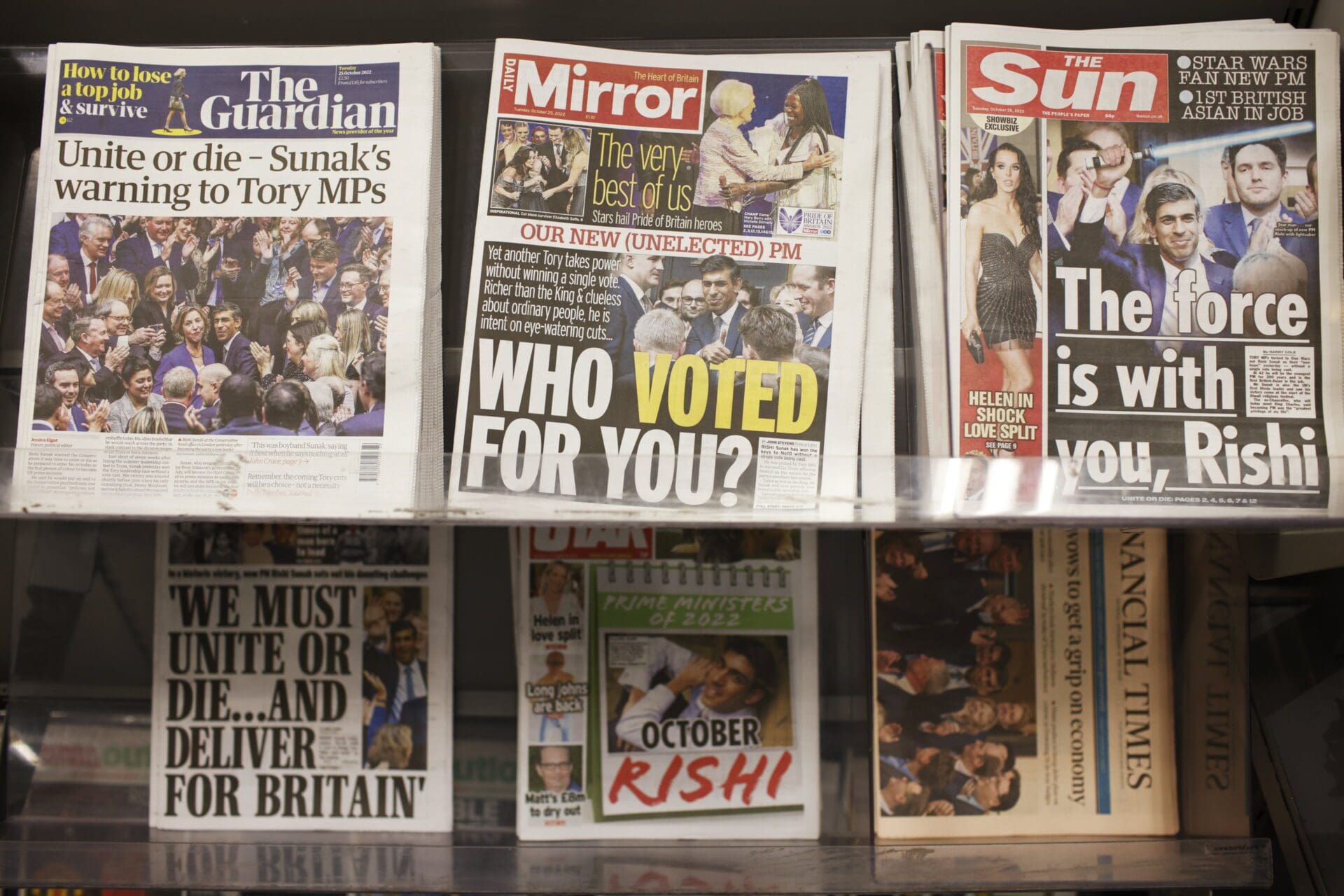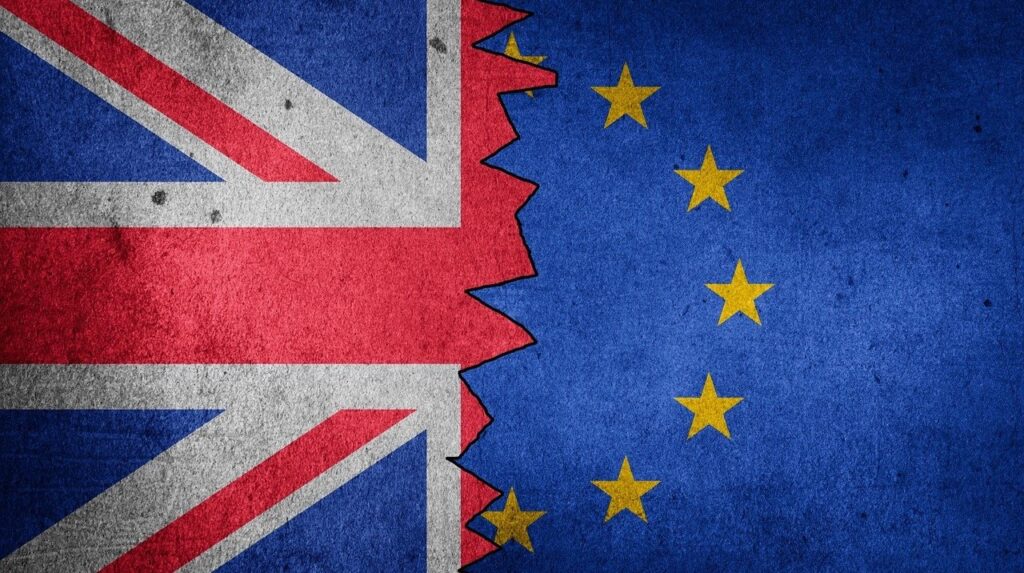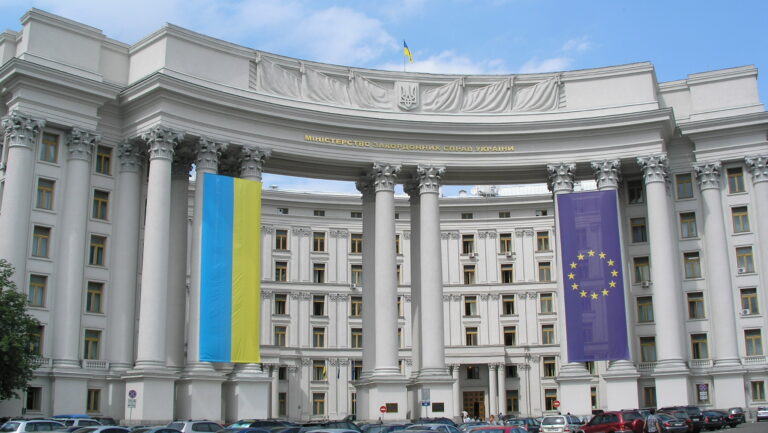Last week I visited England just after former Chancellor of the Exchequer Rishi Sunak took over the reins of government in the United Kingdom. Speaking with locals I asked the obvious: ‘So, what do you think of your new Prime Minister?’ As expected, I got mixed replies. The younger generation, those under thirty, were for the most part rather indifferent, if not cynical, in that they feel discouraged by the present state of governmental affairs. The middle-age crowd and above, however, expressed either optimism or uncertainty about the future. There was one fellow, in his mid-forties, who in a tongue-in-cheek manner said:
‘What do you want me to say? First, they [the government] cut off our legs with Brexit, and now they cut off our arms with costly bills because of the war [repercussions from the failed sanctions against Russia]. So many of us feel totally abandoned.’
The overall impression I got, especially after the death of Queen Elizabeth II, was an overall feeling of disenfranchisement. While this is just a mere subjective perception, there are two factors that heavily weigh on Britons: the financial woes as a result of Brexit and a presumed double standard on the part of their government officials, including Rishi Sunak.
The Brexit Factor
Evidence indicates, according to the Policy Institute of King’s College, that the UK has become more polarised when it comes to people’s positions on salient issues. Great Britain is witnessing a fragmentation of political support, alongside so-called ‘affective polarisation’ related to people’s Brexit identities. In other words, they are not just socially isolating themselves from people from the opposing side, they are also breeding contempt and a total lack of trust against them, regardless of whether they disagree on concrete policy matters.
The country’s economic melodrama did not begin with Lizz Truss nor with Boris Johnson. It began in 2016 when it voted to leave the European Union, which lead to economic turmoil.
‘Brexit,’ says Director and Chief Executive of Chatham House Bronwen Maddox, ‘has required politicians to profess what is not true: that the British-EU rift—which adds paperwork, time, expense, and uncertainty to trading relationships and the ability of people, goods, services, and capital to flow back and forth across the border—would result in an economic boom.’
In a 2021 study conducted by John Springford, an economics researcher at the Centre for European Reform—a London-based think tank—British goods trade was 11.2 per cent, or £8.5 billion, lower than it would have been had the UK remained in the EU’s single market and customs union.
Another think tank, the Resolution Foundation, estimates that by the end of the decade labour productivity will be reduced by 1.3 per cent by the changes in trading rules alone. This will lead to weaker wage growth, with real pay set to be on average £470 per worker lower each year than it would otherwise have been.
Brexit has also further deepened the rift between the autonomous nations of Wales, Scotland, and Northern Ireland and England. The Scots and the North Irish had overwhelmingly voted to stay in the EU, while the Welsh narrowly opted to leave.
The Sunak Credibility Dilemma
Sunak, upon being chosen prime minister by his Conservative Party, was immediately criticised for his wealth. Critics hold that this would make him insensitive to the poor and the middle classes. He and the Tories responded by saying that what matters are his actions, not his bank account. And this is true. He, however, avoided answering a direct question from opposition Labour Party leader Keir Starmer if he would repeal the so-called non-domiciled tax rules that allow foreign residents in Britain to not pay UK tax on their worldwide income. This year, Sunak’s wife, Akshata Murty, changed her tax arrangements after the Independent newspaper reported she had benefited from the rules, a revelation that severely dented her husband’s popularity in polls.
Sunak’s credibility has also been questioned after he reappointed Suella Braverman as Home Secretary after she resigned from Liz Truss’ government for breaching the ministerial code—she had sent an official document from her personal email to a fellow MP and is said to have also copied another MP by mistake.
Last year, as Chancellor of the Exchequer, Sunak was chastised for repealing the £20-a-week increase to Universal Credit that had helped some of the poorest families through the COVID pandemic. As a result, according to research by the Joseph Rowntree Foundation, over two hundred thousand people fell below the poverty line. And just weeks before the cut was confirmed in July, Sunak requested planning permission to build a private swimming pool, gym and tennis court at the Grade II-listed Yorkshire manor that he and his wife purchased for £1.5m in 2015.
Putting his persona aside, the new Prime Minister swore in August, during his first bid for the Conservative leadership, that he would create a new ‘Brexit delivery unit’, a pledge illustrated by a video of an official shredding EU legislation documents to the strains of ‘Ode to Joy’, the European anthem. Sunak’s aides, however, admitted last week that the new unit would not be pursued. ‘The time for changes in the machinery of government has passed,’ said one ally.
There are also questions about Sunak honouring his word that he would ease the financial crisis facing the nation. In March, he said that the sanctions against Russia ’are not cost free’ for British people and he cannot completely protect them ’from difficult times ahead’. This, naturally, does not help put people’s mind at ease that their present economic misfortunes will disappear anytime soon.
What about Charles III?
A British national told me that prior to Queen Elizabeth’s death he was very anti-monarchy. With the ascension of Charles III to the majestic throne, he now sees the positive aspect that the head of state, i.e., the king is free from political aspiration and influence. This would, in theory, provide the body politic with stability.
The dilemma is that before assuming the throne, for years then-Prince Charles had lobbied government ministers on policy issues. If he continues doing so now that he is king, he will not only severely test the accepted conventions of the UK’s unwritten constitution, but he will further polarise his subjects by showing political favouritism. In addition, in 2020 he unveiled the controversial Great Reset, which calls for a globalised world to be managed by a coalition of multinational corporations, governments (via the United Nations), and select civil society organisations of both the public and private sectors.
There is also the growing concern of nationalists in Northern Ireland, Scotland, and Wales, who are beginning to see this as the moment to separate themselves from England as sovereign and independent countries. Will they remain within the United Kingdom, or will they break away? Charles does not have the clout and popularity of his mother, and I seriously doubt he ever will, especially with his wife Camilla at his side. It is perhaps too early to say what will happen, yet in the end, both Charles and Sunak, or at this point whoever may be prime minister in the near future, need to recognise and act on their vital roles if they are going to keep a United Kingdom from becoming even more disunited.






